11 Natural Remedies for Garden Pests You Haven’t Tried
Dealing with garden pests can be frustrating, but there are plenty of natural solutions that can help protect your plants without the need for harsh chemicals. From simple sprays to companion planting, these eco-friendly remedies work with nature to keep your garden healthy and thriving. Whether you’re dealing with aphids, slugs, or other common pests, these options are safe, effective, and easy to use. Embrace a more sustainable approach to gardening with these helpful tips that promote a healthier environment for both your plants and beneficial insects.
This post may contain affiliate links, which helps keep this content free. Please read our disclosure for more info.
Neem Oil
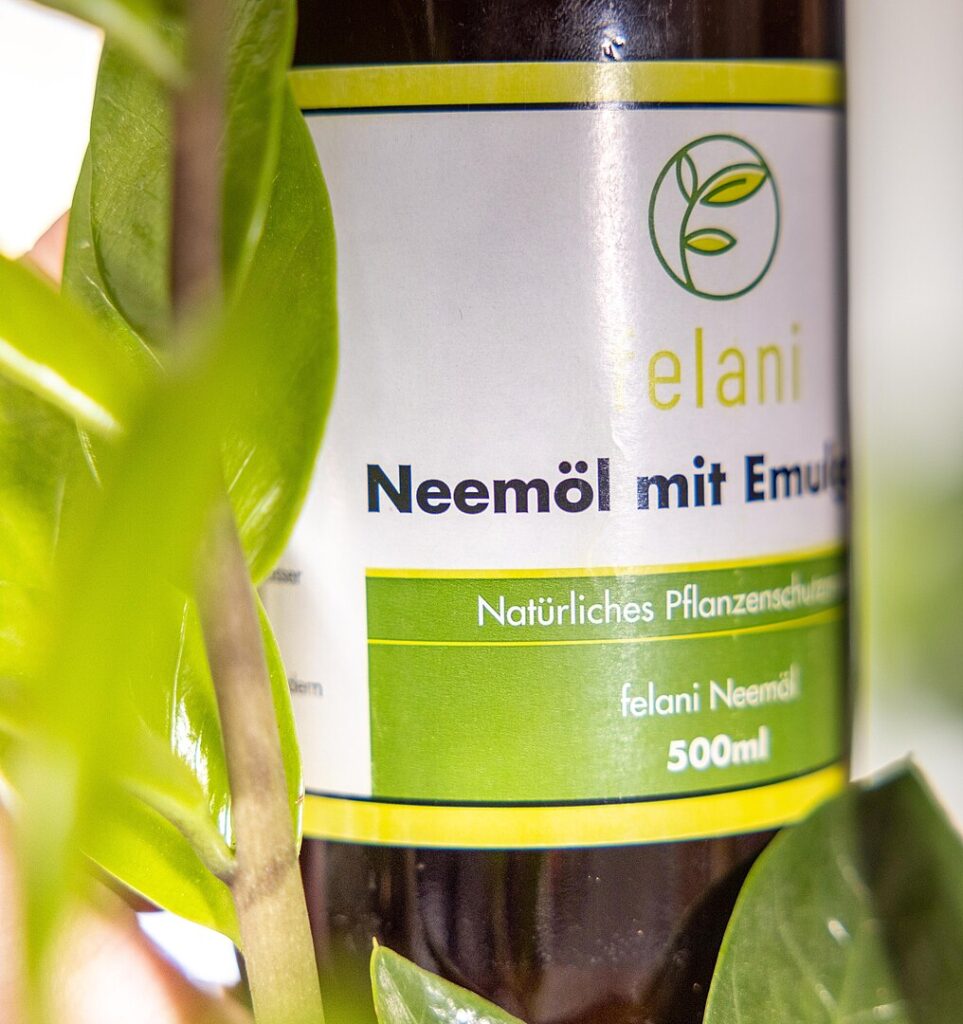
Neem oil is an organic solution that works wonders in managing a wide variety of garden pests. Derived from the neem tree, this oil contains compounds that interfere with insect feeding, mating, and egg-laying. It works particularly well against pests such as aphids, mealybugs, whiteflies, and even certain types of fungi. When applied, neem oil spreads over the leaves and plant stems, creating a barrier that deters pests from settling on your plants.
To use neem oil effectively, dilute it according to the package instructions and spray it on the plants in the morning or evening. It’s a non-toxic alternative to harsh chemicals, safe for humans, pets, and beneficial insects like ladybugs and bees. Reapply every two weeks or after heavy rainfall for continued protection.
Diatomaceous Earth
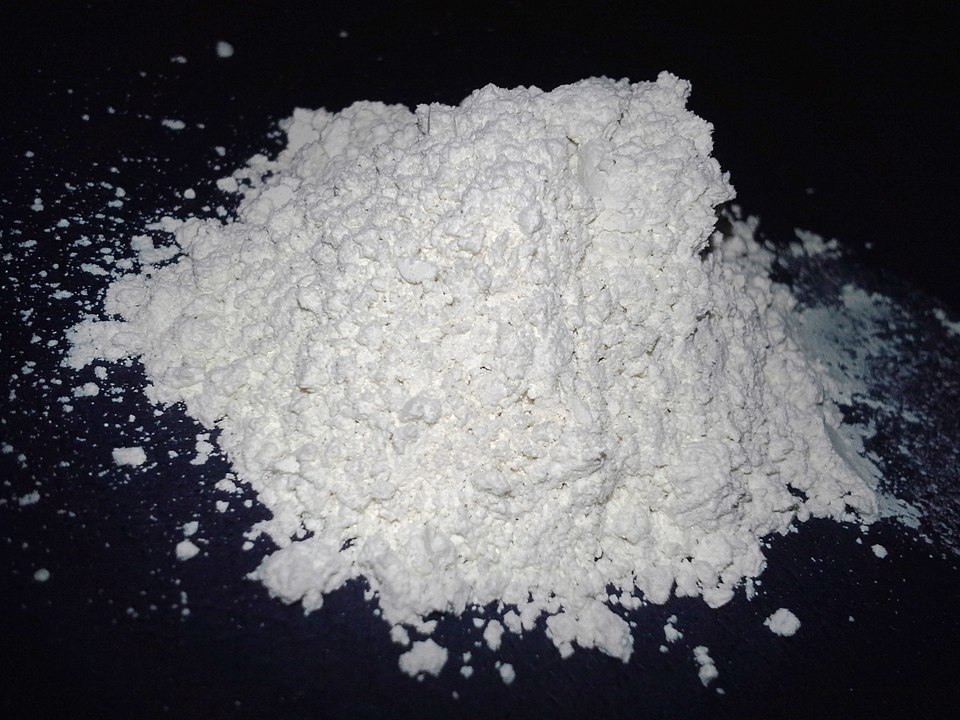
Diatomaceous earth (DE) is a powerful, all-natural pest control solution. Made from the fossilized remains of tiny aquatic organisms called diatoms, this fine powder works by penetrating the exoskeletons of insects and causing them to dehydrate. It’s particularly effective against pests like ants, fleas, cockroaches, and beetles. DE is non-toxic to humans and pets, making it a safe option for families with small children or animals.
To apply diatomaceous earth, simply sprinkle it around the base of your plants or directly onto the soil. Make sure to use it on dry days, as moisture can reduce its effectiveness. Reapply after rain or watering to keep pests away. Be cautious when applying, as the fine powder can be harmful if inhaled.
Garlic Spray
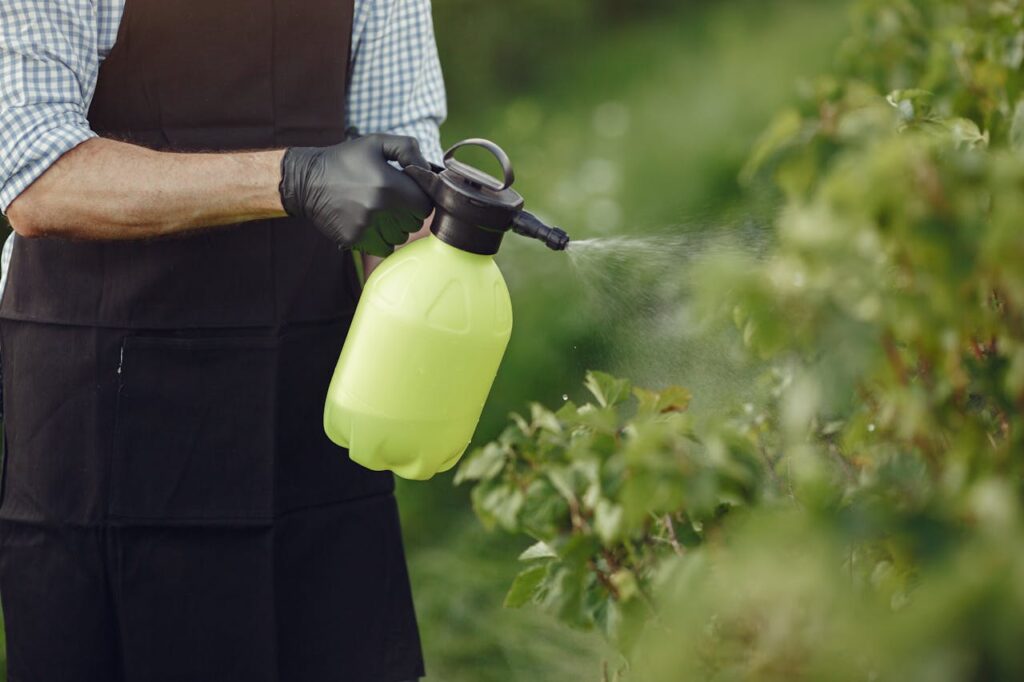
Garlic has long been recognized for its ability to repel pests due to its strong, pungent odor. In the garden, garlic spray can help deter common pests like aphids, caterpillars, and mosquitoes. The strong smell of garlic overwhelms the senses of many pests, keeping them away without harming your plants. Additionally, garlic has natural antifungal properties, which can be useful in preventing certain plant diseases.
Making a garlic spray is simple: blend a few garlic cloves with water, strain the mixture, and spray it onto your plants. It is safe for humans and animals, making it a good option for families with young children. For best results, reapply the garlic spray every few days or after it rains to maintain its effectiveness.
Companion Planting
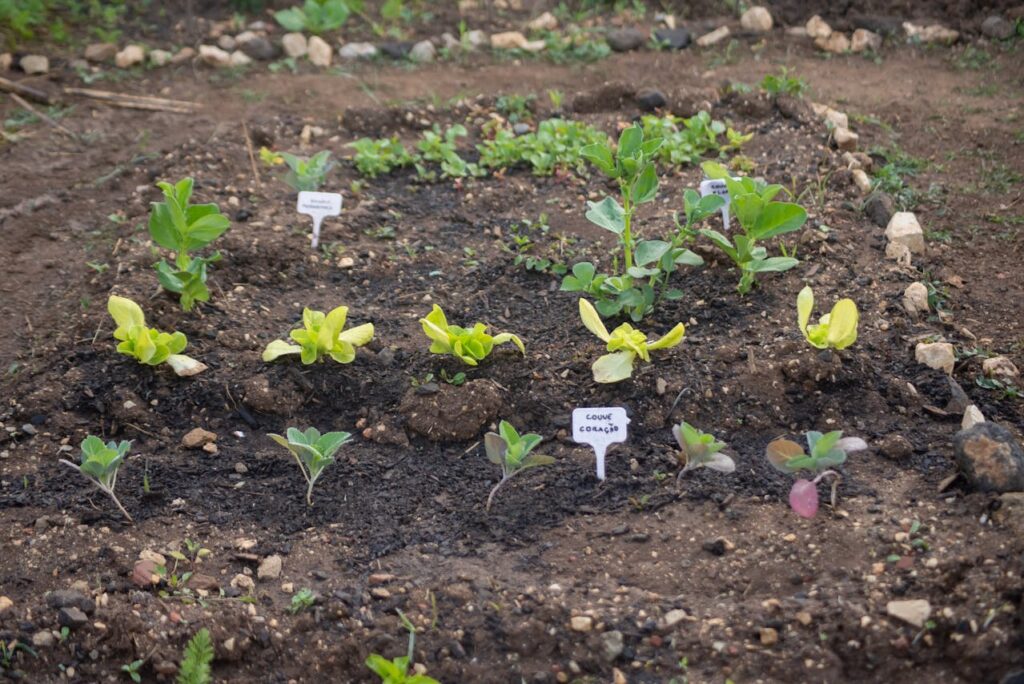
Companion planting is a gardening strategy that involves planting certain species of plants next to one another to promote natural pest control. Some plants have natural chemical properties that repel pests, while others attract beneficial insects that prey on pests. For instance, basil is known to repel mosquitoes and flies, while marigolds deter aphids and nematodes. By planting these alongside vulnerable crops like tomatoes or cucumbers, gardeners can naturally discourage harmful pests.
This method is not only effective for pest management, but it also encourages biodiversity, which helps maintain a healthy garden ecosystem. Companion planting requires minimal effort and no chemicals, making it a sustainable choice for gardeners looking to avoid toxic pesticides. Researching compatible plant pairs for your specific garden can create a more resilient environment that reduces pest populations.
Soap and Water Solution
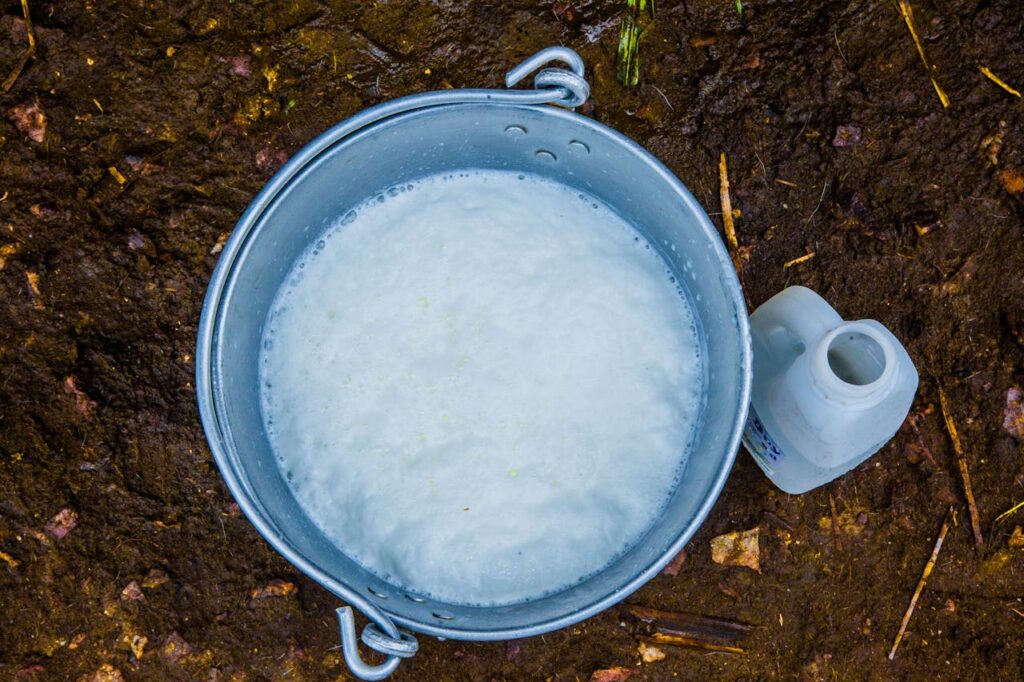
A soap and water solution is an easy, effective remedy for managing soft-bodied pests like aphids, mealybugs, and spider mites. The soap breaks down the pest’s waxy outer layer, causing them to dehydrate and die. This natural remedy can be mixed with any mild liquid soap, such as dish soap, which makes it accessible and cost-effective. It’s a gentle solution that won’t harm most plants, but it’s highly effective in controlling small insect populations.
To make the solution, combine a tablespoon of mild liquid soap with about a liter of water and mix well. Spray this solution directly onto affected plants, covering both the tops and bottoms of leaves where pests tend to hide. Be sure to test the mixture on a small area first, as some plants may react negatively to soap sprays, especially if applied in direct sunlight.
Cayenne Pepper
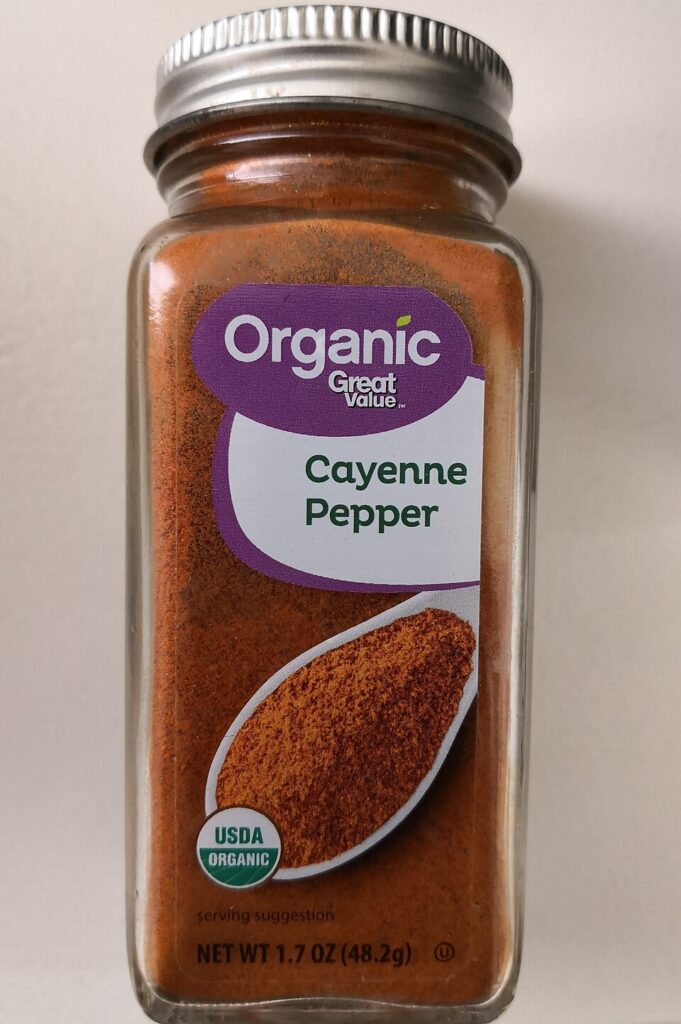
Cayenne pepper is another all-natural remedy that helps keep pests away from your garden. The capsaicin in cayenne pepper irritates the senses of many pests, including ants, squirrels, and rabbits, causing them to avoid areas where the pepper is applied. It can also be used to deter larger animals like deer and raccoons, which may be attracted to your plants. For insect pests, cayenne pepper disrupts their feeding habits, making it an effective deterrent.
Sprinkle the pepper directly onto the soil or around the base of your plants. To make a liquid spray, mix cayenne pepper with water and a small amount of soap, which helps the solution stick to plant surfaces. Reapply after rainfall or watering to maintain its effectiveness. Be careful when using cayenne pepper, as it can irritate your skin or eyes, so handle it with caution.
Beer Traps for Slugs

Slugs are notorious for devouring garden plants, particularly in wet conditions. One simple, natural remedy is using beer traps. Slugs are attracted to the yeast in beer, and when they crawl into a shallow container filled with beer, they become trapped and drown. This method is effective because it targets slugs directly without harming beneficial insects or other wildlife in your garden.
To create a beer trap, bury a small container or dish in the soil so the rim is level with the ground, then fill it with beer. Place several traps around your garden, especially in areas where slugs are causing the most damage. Check the traps regularly and refill them as needed. This method is chemical-free and easy to maintain.
Beneficial Insects
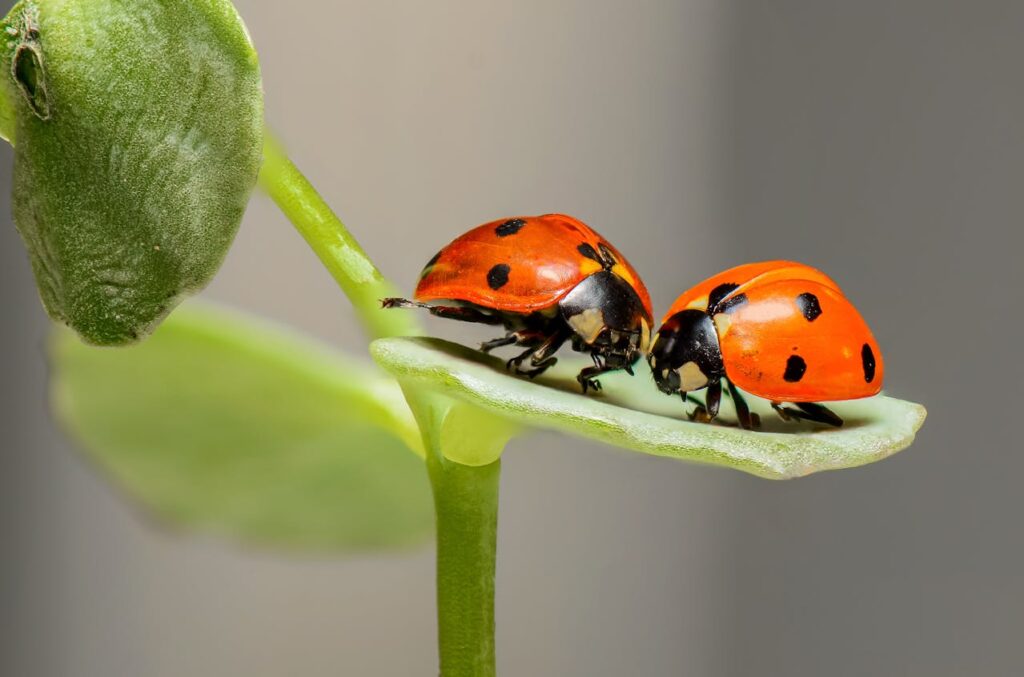
Introducing beneficial insects into your garden is a fantastic natural solution to pest problems. Ladybugs, for example, are natural predators of aphids, while lacewing larvae consume mealybugs, scale insects, and other pests. By encouraging a healthy population of beneficial insects in your garden, you can reduce the need for harmful chemical pesticides. These insects help keep pest populations under control while maintaining the health of your plants.
You can attract beneficial insects by planting flowers like sunflowers, yarrow, and dill, which provide nectar and pollen for the insects. Alternatively, you can purchase ladybugs or other beneficial insects and release them into your garden. This method promotes a balanced ecosystem and offers long-term protection for your plants without harming the environment.
Companion Herbs for Pest Control
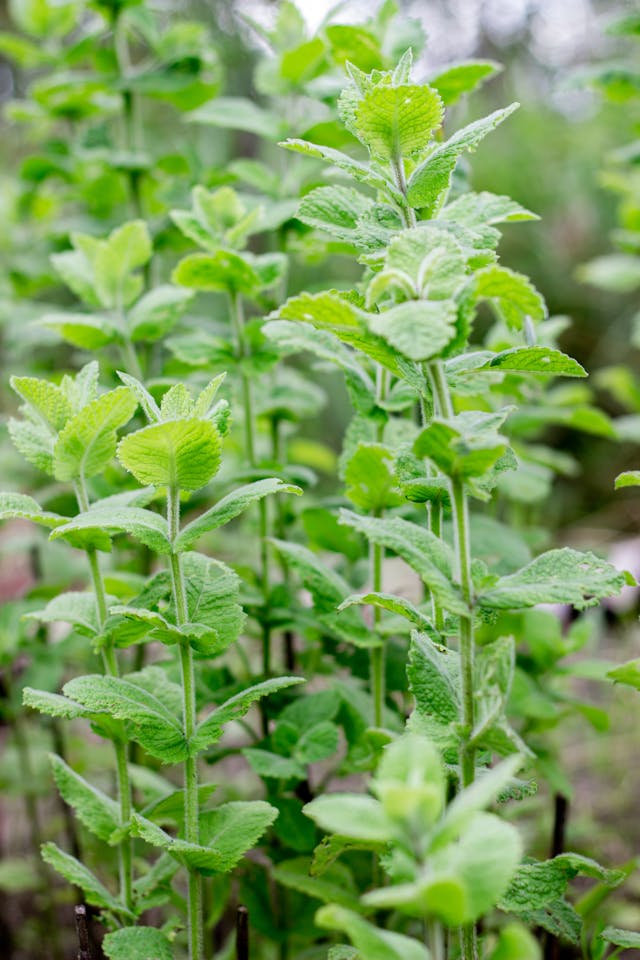
In addition to companion plants, certain herbs are particularly effective at repelling pests. Herbs like lavender, mint, and rosemary are natural repellents for insects like mosquitoes, flies, and ants. Their strong scents interfere with the pests’ ability to detect food sources, making them less likely to infest your plants. Planting these herbs around your garden or in pots near your home can act as a barrier against unwanted pests.
These herbs are also beneficial because they not only repel pests, but they are also useful in cooking, adding flavor to meals. Mint, for instance, can deter ants and mosquitoes, while lavender’s aroma helps keep flies and moths at bay. The combination of practical use and pest control makes herbs a great choice for any garden.
Coffee Grounds
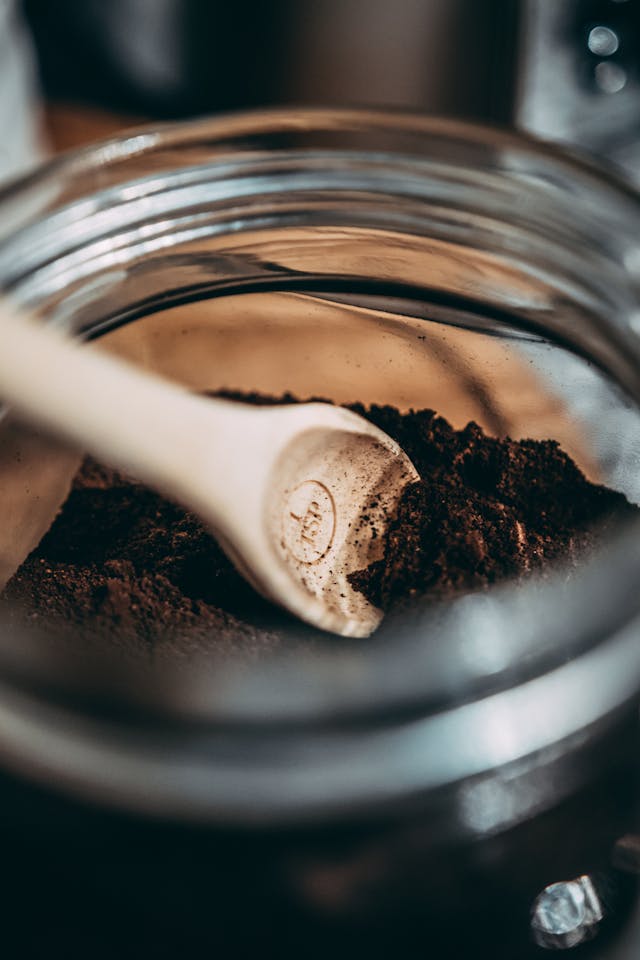
Used coffee grounds are a simple, natural way to deter a variety of garden pests, especially slugs, snails, and ants. The coarse texture of the grounds makes it difficult for slugs to crawl across, while the strong smell helps keep ants and other insects away. Additionally, coffee grounds are a great source of nitrogen, which can be beneficial for the soil when used in moderation.
Sprinkle the used grounds around the base of your plants or add them to your compost bin. Be careful not to use too many grounds, as excessive nitrogen can harm plants. Coffee grounds also act as an organic mulch, helping to retain moisture and improve soil structure.
Orange Peel

Orange peels contain natural oils that can repel pests such as aphids, ants, and slugs. The citrus scent acts as a deterrent, making it less likely that these pests will come near your plants. Additionally, orange peels can help improve soil health by adding organic matter as they decompose.
Simply place small pieces of orange peel around your garden, near plants that are affected by pests. Over time, the peels will break down and release beneficial nutrients into the soil. This is a cost-effective and eco-friendly solution to pest problems.
This article originally appeared on Avocadu.
